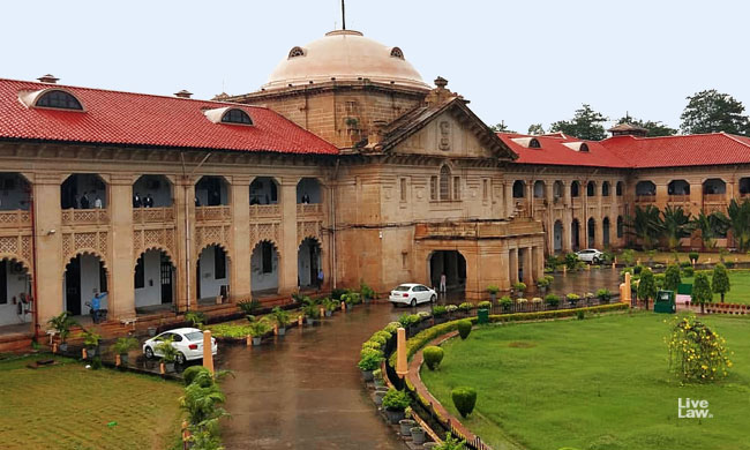Radhika Mittal
The Allahabad High Court has issued a significant ruling on August 27th, emphasizing the need to exclude advocates and district administration officials from the management and control of temples in Mathura. This decision came in response to a contempt application related to the appointment of a receiver in a temple dispute from the region.
The court was informed that 197 civil suits are currently pending regarding temple-related disputes in Mathura. In response, Justice Rohit Ranjan Agarwal, presiding over the case, underscored the importance of temple management being handled by individuals with religious leanings rather than outsiders, especially practising advocates or district officials.
Justice Agarwal stated, “People will lose faith if temples and religious trusts are not managed and run by persons belonging to the religious fraternity but by outsiders. Such actions should be prevented at the very beginning.” He further emphasized that the time has come to free these temples from the influence of practising advocates of Mathura Court.
The court strongly criticized the prevailing practice of appointing practising advocates from Mathura to manage these temples, noting that such appointments often lead to delays and prolong the litigation process. Justice Agarwal observed that the appointment of receivers, particularly practising advocates, has turned into a status symbol rather than an effective solution, as these receivers are often more interested in maintaining control than resolving the disputes.
In its judgment, the court also highlighted the inefficacy of appointing practising lawyers as receivers, arguing that they cannot dedicate the necessary time and devotion required for effective temple management. The court urged the District Judge of Mathura to take personal responsibility in ensuring that civil disputes regarding temples and trusts in the district are resolved as swiftly as possible.
“Prolonging the litigation is only creating further disputes in temples and leading to indirect involvement of practising advocates and district administration in the temples, which is not in the interest of the people having faith in the Hindu religion,” the judgment concluded.
The ruling reflects the court’s broader concerns over the impact of receivership on the administration of ancient and significant temples in the region, urging a shift towards appointing individuals with religious backgrounds who are well-versed in the Vedas and Shastras.
Bench: Justice Rohit Ranjan Agarwal

